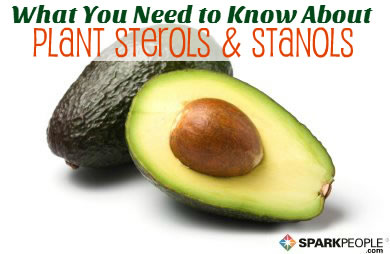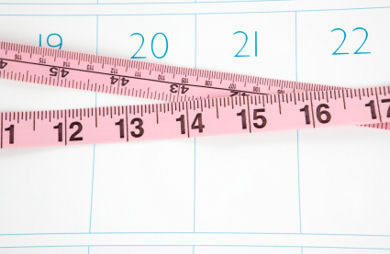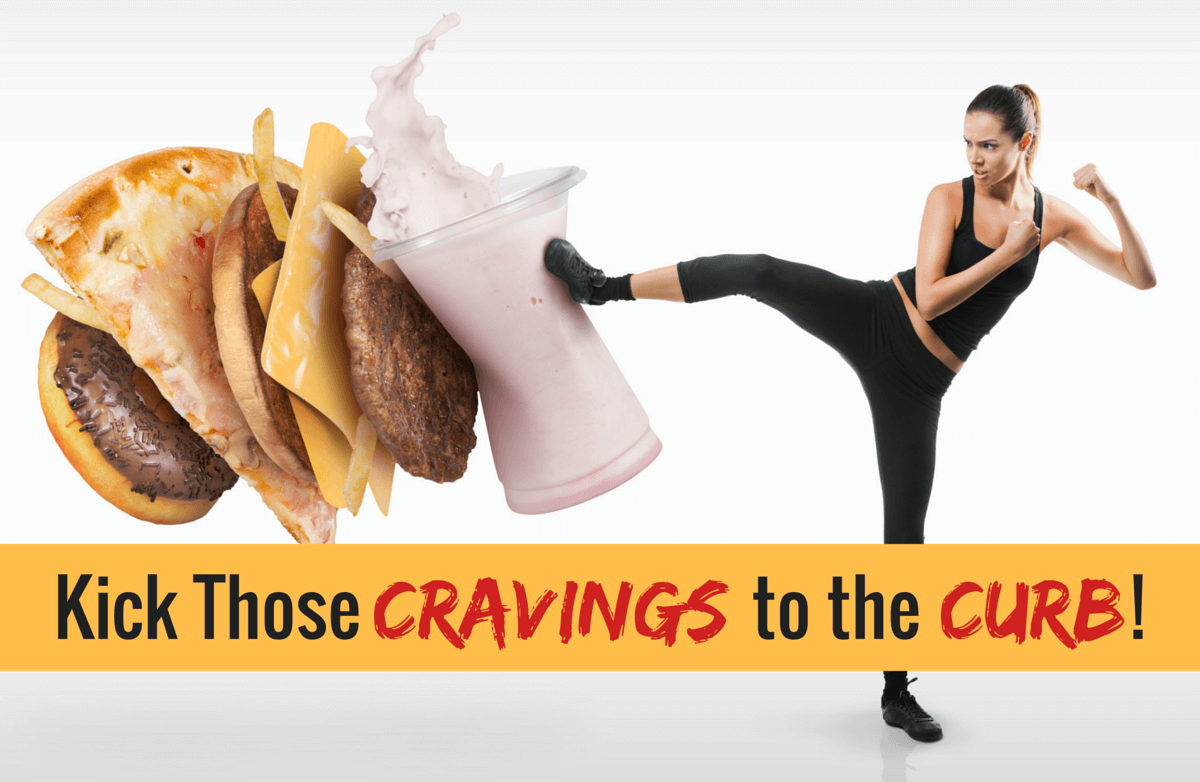|
I love the term “edible food-like substances,” which comes from Michael Pollan’s latest book, In Defense of Food: An Eater’s Manifesto. He uses the term to refer to everything from frozen, microwavable meals to protein bars, frozen veggie burgers, and vitamin-enriched cereals. Just calling these highly processed, manufactured items “edible food-like substances” makes you stop and wonder: Are these things really food? Should I be eating them? Pollan, as you can probably guess, thinks you shouldn’t. The “food” he wants to defend is natural, minimally processed food that comes to you in its natural state, or as close as possible. But, as with everything, there are pros and cons on both sides of this issue. Read on, and see whether you agree with Pollan, or think he’s being too impractical. One of Pollan’s reasons for preferring "real" foods is that processed foods often contain chemicals and additives that are great for prolonging the shelf-life or appearance of the item, but may not be so great for your own longevity or health. Likewise, processing often removes things from the food that would be good for you–like fiber and many of the micronutrients (vitamins and the hundreds of other phytochemicals needed for good health). In some cases, even the raw veggies and fruits you buy in your local supermarket may not be "natural" foods, because industrialized production methods involve use of pesticides, genetic modifications, and/or farming methods that result in soil depletion and crops which contain far less of the vitamins and other nutrients found in organically and locally grown foods. Another major concern that Pollan talks about is the problem of "nutritionism." By this he means looking at food exclusively in terms of its nutritional content. This turns eating simply into a matter of collecting all the specific nutrients you need, regardless of the form they come in, or what effect these forms have on the rest of our lives. As a result, manufacturers can claim that a junk food (like a cereal that’s over 50% sugar) is really a “health food” because they’ve added a few synthetic vitamins to it. And a “meal” can be eaten while driving your car, instead of sitting with family or friends around a dining table, which demolishes the cultural and social roles that food, cooking, and eating have traditionally played in bringing people together. Another major problem with “nutritionism” and “edible food-like substances,” according to Pollan, is that they defeat our innate ability to know what we need to eat, based on our natural preferences and tastes for “real,” recognizable foods. This can leave us dependent on nutrition experts to tell us how and what to eat. Many people are so confused by all the conflicting and constantly changing claims made by manufactures and nutrition experts that they simply give up trying to sort things out and just go with whatever is most convenient or cheapest—or eat a very limited diet and rely on vitamin supplements to keep them healthy. The flip side of all this is that eating the way Pollan recommends can take a lot of time, effort, and money that’s hard to come by these days for many people. It would be great to cook all your own meals, using real, organic foods you picked up at the local farmers market. But that protein bar comes in pretty handy when you need to eat something in the 20 minutes it takes you to get from the office to the gym for your workout, and maybe popping a frozen meal in the microwave is a better option than flopping on the couch with a bag of chips because you’re too tired to shop or cook. Modern life, with all it demands and requirements, just doesn't seem designed to let us devote a lot of time and effort to the personal side of life. So, how do you put all these concerns and priorities together into a diet that works for you? Do you think the concerns that Pollan raises are important enough to warrant spending more time and effort on preparing "real" foods—or is it enough just to know that you’re getting your basic vitamins and minerals? Are these kinds of issues things that people can and should handle on their own, privately, or should they be the focus of public debate and political action as well? |
More From SparkPeople
|


.png)


.png)









.jpg)